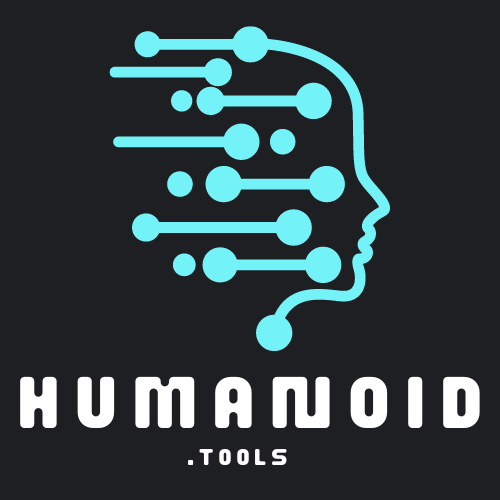AI has made significant advancements in recent years and has the potential to disrupt a wide range of industries and job roles.
Some current and potential future AI applications include:
- Healthcare:
- Medical imaging and diagnostics
- Drug discovery and development
- Personalized medicine
- Virtual health assistants
- Predicting disease outbreaks
- Finance:
- Fraud detection and prevention
- Algorithmic trading
- Credit risk assessment
- Personal financial management
- Insurance underwriting
- Manufacturing:
- Quality control and inspection
- Supply chain optimization
- Predictive maintenance
- Robotics and automation
- Process optimization
- Transportation:
- Autonomous vehicles
- Traffic management and optimization
- Route planning
- Fleet management
- Drones for delivery and surveillance
- Retail:
- Personalized recommendations
- Inventory management
- Pricing optimization
- Customer behavior analysis
- Virtual shopping assistants
- Marketing and advertising:
- Targeted advertising
- Sentiment analysis
- Social media management
- Content creation and curation
- Customer segmentation
- Education:
- Adaptive learning systems
- AI-driven tutoring and coaching
- Personalized curriculum development
- Predictive analytics for student success
- Plagiarism detection
- Human resources:
- Applicant tracking and screening
- Job matching
- Talent acquisition
- Employee engagement and retention
- Performance management
- Customer service:
- AI-powered chatbots and virtual assistants
- Sentiment analysis and customer insights
- Automating repetitive tasks
- Personalized support and recommendations
- Research and development:
- Data analysis and pattern recognition
- Scientific discovery
- Natural language processing
- Simulations and modeling
- Problem-solving and decision-making
While AI has the potential to revolutionize many industries and job roles, it is important to note that its implementation may also lead to significant workforce changes.
In some cases, AI could replace jobs, while in others, it could augment human capabilities and create new opportunities.
The future impact of AI on specific job roles will depend on the rate of technological advancement, adoption by organizations, and societal adaptation.
English bloke in Bangkok. First used GPT-3 in 2020 and has generated millions of words with it since. Not really much of an achievement but at least it demonstrates a smidgen of authority. Studies natural language processing, Python and Thai in his spare time.
